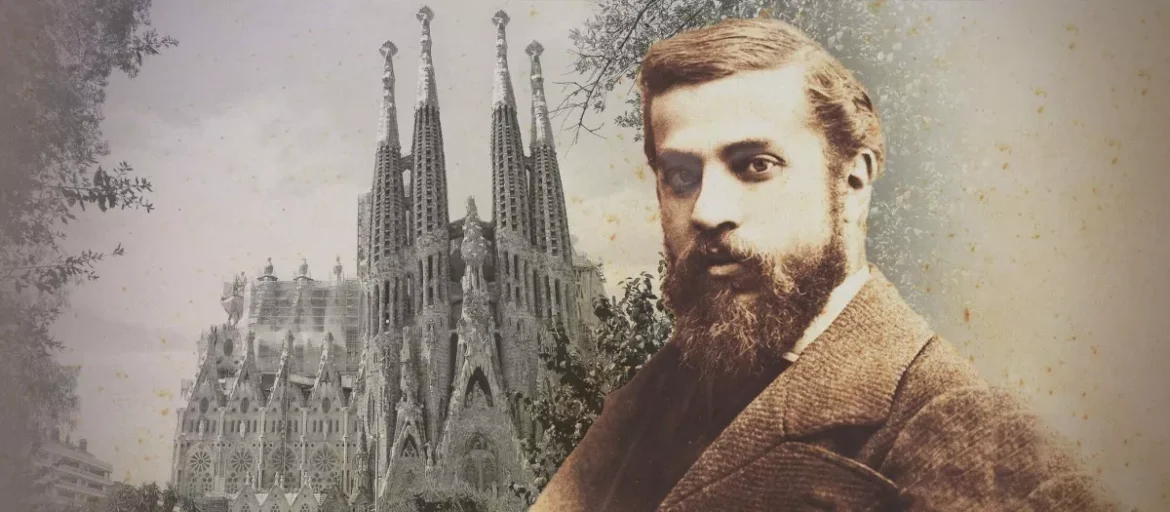Vatican Recognizes Antoni Gaudí’s ‘Heroic Virtues,’ Paving the Way for Possible Sainthood
The Vatican has taken the first formal step in the canonization process of famed Spanish architect Antoni Gaudí, known globally as the visionary behind Barcelona’s iconic Sagrada Família basilica. Pope Francis officially recognized Gaudí’s “heroic virtues,” a designation that places him on the path to possible sainthood in the Roman Catholic Church.
The announcement came during the Pope’s first formal appointment following a prolonged illness. The decree was made public after a private audience with Cardinal Marcello Semeraro, Prefect of the Dicastery for the Causes of Saints, during which Gaudí and five others were formally advanced in their causes toward canonization.
A Devout Life Expressed Through Sacred Art
Born in 1852, Gaudí was not merely a revolutionary architect—he was deeply religious, blending his Catholic faith into his architectural expressions. From colorful ceramic mosaics to dramatic spires and flowing lines, Gaudí’s work was intentionally infused with Christian symbolism. He often described architecture as a form of prayer, and he approached his most famous work, the Sagrada Família, as a lifelong spiritual mission.
Gaudí took over the project in 1883 and dedicated the remainder of his life to it. He famously stated, “My client is not in a hurry,” referring to God. The basilica, though still unfinished nearly a century after his death, has become one of the most-visited religious sites in Europe and has reportedly inspired numerous conversions to Catholicism.
Tragic End and Widespread Veneration
Gaudí died tragically on June 10, 1926, three days after being struck by a tram in Barcelona. Mistaken for a homeless man due to his worn appearance and lack of identification, he was taken to a hospital for the poor. Only after his death was his true identity revealed. His funeral drew more than 30,000 mourners—a testament to his impact on both art and faith.
Supporters of Gaudí’s cause have long pointed to his saintly life, humility, and profound religiosity. The Vatican’s acknowledgment of his virtues is the first in a multi-stage process: next would be beatification, which requires evidence of a miracle attributed to his intercession, followed by canonization and official sainthood.
More Than an Architect
Often referred to as “God’s architect,” Gaudí sought not only to innovate but to elevate—to use architecture as a channel for spiritual awakening. His declaration of heroic virtue by Pope Francis affirms that Gaudí’s life was lived in exemplary faith and devotion to God.
Though sainthood remains a journey with additional milestones, this week’s declaration marks a historic moment for admirers of Gaudí, for Catalonia, and for the broader Catholic world that sees his architectural genius as a reflection of divine inspiration.

